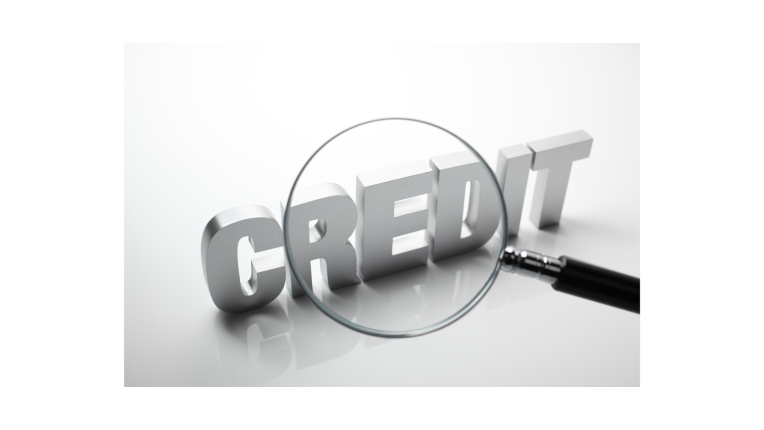In today’s article, we’ll look at what credit and credit repair are and how banks can help repair your credit so that you can get back on your feet financially. We’ll also guide you on what to look for when finding the best credit repair companies in Dallas, Texas.
How Do Credit Reports Work?
Each time you open an account with a financial institution and set up terms of repayment for a loan or credit card, a file is opened with one of the three credit reporting agencies with all the details of this loan–these credit reporting agencies are Equifax, Experian, and Transunion.
Each month, the bank will send a report to the reporting agencies, telling them how much you borrowed, how much you owe, what your monthly payment obligations are, if you missed any payments, and if you’ve maxed out any of your credit cards. Additionally, the credit reporting agencies will be watching to see who is examining your credit report in the last thirty days.
Using these factors as part of a secret formula, these companies will assign you a credit score somewhere between 300 and 850–the higher your score, the better.
How Can Banks Help Repair My Credit?
Because having a good credit score can lead to a lower interest rate, your credit score is potentially the best money-saving tool you’ll ever have. Consider that on a $300,000 thirty year mortgage loan, if you had just a 1% lower interest rate, you would save over $60,000 over the life of the loan.
Banks come into the picture of credit repair when you’ve had problems with your past credit; some banks may be willing to offer low-limit secured credit cards to help rebuild your credit. If used wisely, these active accounts can slowly raise your credit score over time. Once the bank knows you’re back on your feet and trustworthy, you’ll be able to take out additional loans or credit cards with the bank, further boosting your credit score.
Alternatively, the lender may offer a consolidation loan if it’s clear to them that the reduced payment would make it much easier for you to pay, thus freeing you from multiple bad accounts.
While you may think banks have a vested interest in charging you the highest rates and fees possible, they don’t like to take risks, and charging high-interest rates means taking a high risk. They’d much rather see that you’re a responsible individual who will pay bills on time for many years to come. It’s a relationship of mutual trust, and they hope that when you need that big loan for your business expansion, theirs is the first door you’ll knock on.
What Is Legitimate Credit Repair?
At its simplest, the job of a credit repair company is to take care of the mounds of bureaucratic red tape wrapped around disputing inaccuracies on your credit report. They will file disputes and ensure that any inaccurate information damaging your credit report is removed. Legitimate credit repair companies have seen every imaginable scenario and know exactly which banks and credit reporting agencies need to be dealt with and in what manner.
While credit repair is legal in all fifty states, you should look out for companies promising you the moon. Nobody can remove bankruptcies from a credit report, and anybody promising to do so is attempting to take your money while causing you a bigger headache than you had before you approached them. Additionally, be on the lookout for predatory loans–a company may promise to wipe all of your debts if you take on one loan at an exorbitant interest rate that’ll be virtually impossible to pay. Lastly, you may hear someone offering to build you a new credit profile, which sometimes involves identity fraud.
In Conclusion
Working with both banks and reputable credit repair companies–like The Phenix Group–simultaneously is an excellent strategy to rebuild your credit so that you can get your life back on track. Once your life is back on track financially, you can focus on what matters most to you.

